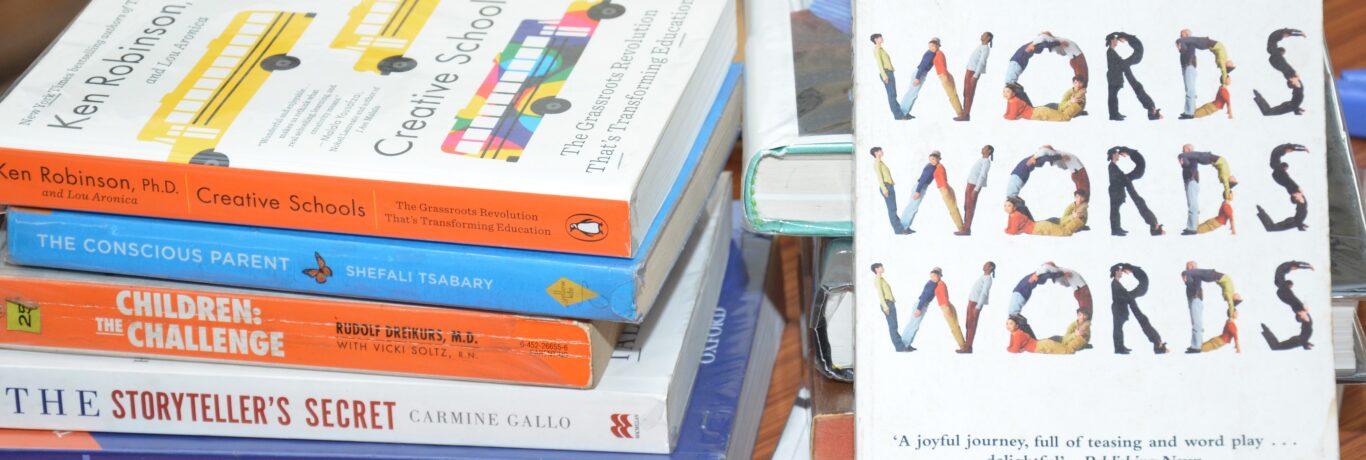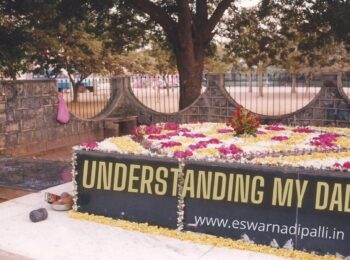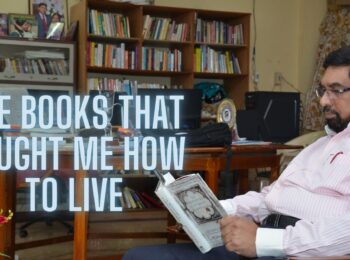(It’s the happy memories that sustain us, that carry us through challenging times and render a sense of balance. I attempted to retro walk into four decades of my past and speak about my college days, the influence of my dominating father, my fears, and my mild addiction for movies.)
I have a sentimental memory about the Atlas cycle I inherited from my father when I turned fifteen, and birthday celebrations weren’t in vogue then. Those were simple and humble days where the transition from school to college marked in undefined ways. Until then, I wore shorts grown to trousers. Scenes of bicycles with few books clamped behind ran down, with tinkling bells on narrow roads off to college. Though unsure, I found waiting for a soon-to-be chance to pedal out into an orbit of freedom. My impatience at those times seemed like a captive deer let free into the wild; nothing thrills the young buck except its limbs are loose and rash impulse to run into the wilderness. I’ll narrate about my restless impulse to escape from home in the essay later.
I still remember the acceptance letter from Andhra Loyola College, a celebrated local college. The admission note was first in my life that followed a brief interview by a Jesuit father. Three of my buddies met in the evening, and I was in ruptures when they too waved their acceptance letters. We studied in the same school, bonded well over twelve years, never got tired of boyish chat, gladly exchanged books, shared lunch, played games, and teased girls, and well, stayed staunchly glued since then.
My father’s dictates and rules at home were so authoritarian, confined, insisting more on studies. He was strict in his words, gaze, approach, and his sharper hands were quick to smack me when I tested his patience, and his short fuse threshold level crossed in a matter of seconds. When compared, my three friends’ households treated them with liberal rules allowing their free and easy run of decisions. The autonomy at a young age was what their parents gifted them. And I felt the absence of it in my young days and have to live with its painful emotional repercussions even when I entered my retirement phase.
My father’s strictures were so constant, so choking; I imagined I would, one day, pull myself to turn into a mini rebel. The moment he went out to work, I used to slip away from home the next second. The only act of defiance I could manage with a brooding face.
“I have to get away from home” had become the slogan of my bitterness screaming from inside. Finally, one fine day, I, along with my three friends, cycled into the sprawling campus to kick off the two-year intermediate course. The moment I walked in, the upbeat spirits filled my eager and free will starved body.
Eventually, I found in halls of the college the halcyon ease giving me a good supply of calmness. I can sum up my sneaky teenage days, amused around part freedom, part friends, and part extreme fear of my father. Honestly, I could never scrape away from his bouncing voice; even amidst a mob of cheery friends, I get a feeling that his angry looks were glowering close at my face. It’s sadly ironic that his quivering mouth, ready to bark the loudest raps, never ceased to echo in my life until his untimely death – he was fifty-six and me at twenty-nine and married.
Classrooms were massive, corridors too wide; good to hold a mini-sprint across the length. One look at the massive buildings dedicated to studying and large grounds for play, I decided I’m here to learn a different language of unrestraint altogether. I quickly learned how to feign as if I’m scribbling and noting, and later the risky dirty-tricks in the exams. And the proximity of my three friends sitting on a long wooden bench, I felt calmed, lapping the hours away from my home and my father.
In ways that couldn’t escape my level of knowing, I recognized some mental flux swelling inside me. It didn’t require much time to decode the crazy notions given the runaway style of circumstances I’m courting every day. It was like weaving a new life as the pull of mixed emotions raiding me as I explored the labs, libraries, and chaos in the corridors that sounded so perfect. This reassuring attitude helped me to stay calm with healthy thoughts.
Walking across woodland like campus, the green canopy covering the skies as we chatted along the open arms of trees that led to playgrounds, but the welcoming call was always from the cafeteria.
It took a month for me to familiarize the commencement time of classes. The senior faculty wore no smile and allowed no room for escape. But a junior teacher in class, we felt safe enough to slip out of the classroom. Taking enough cautions, we had gone for it occasionally: the thrill of jumping out through windows once the tutor attempts to scribble something on a blackboard.
Few months followed where I overcame my home-made fears and strongly figured that study was what I needed most and did my best to focus on paying attention to classes. For the first time, I refused my frustrations not to bother me any longer. I enjoyed in full measure spending time with friends, putting all the discomforts on hold, among the salubrious niche the campus was presenting.
A huge surprise and a sly smile played on my lips when the news crashed into the class. It’s like an overwhelming stroke of luck that befell on us: that the college worked for five days and Saturday was a holiday. We decided never to reveal the fact to our parents.
As we bicycled our way to the college, a thirty-minute affair, we admired the movie wall-posters detailing hero and heroines in intimate poses. As teenagers must be, the flashy, the body flaunting banners tempted us in maddening ways that for two years, movie-going had become our secret pleasure. We know we aren’t supposed to get lured into such additive conduct. But it’s an inevitable youthful fixation; it binds every teenager to cave in. Unconcerned of any misgivings but we fell in for our collective, overwhelming urge that we walked into a cinema theatre for Saturday morning shows every week and guilt never tried to stop us.
For decades in India, they have established a trend for releasing movies strategically on the Fridays’. As no other entertainment was handy, it had been a regular feature on Saturdays, and Sundays’ people flocked to the theatres.
On the first day of a movie release, the scenes were unmistakably paranoiac near the theatres’. Massive, unruly crowds hollering, lengthy queues; it’s almost a stampede for tickets at the box office were familiar sights. It’s a matter of push and shove to enter the roads leading to the theatres’. To accommodate the crowds and fans, the movies got played on multiple screens, effigies, and profusely garlanded cut-outs were regular sights. The ‘House full,’ the ‘Sold Out’ boards hung before every show of the movie spoke of the popularity and success of a film.
Our quartet assembled on Saturday mornings at the designated place in the college. We walked the cycles beyond the buildings where we discovered, at the far end of the boundary wall, a two feet gap – a broken wall, which opened onto an irregular road. It was lined with undeveloped hutments, temporary shacks, bullock carts, pushcarts, rickshaws parked haphazardly. The people moving around looked suspicious, rugged. The lot, I believed, haven’t been privileged to peer at the progress around – the true working-class and neglected masses.
Rumors were widespread that these were the forbidden localities of the town for people to venture into. Had they known about our adventures, the parents, I suspect, even the most liberal ones would speak short of a cane in hand. But for us, the movie-going zeal blinded all else, and nothing would stop us cycling through the disallowed terrain. Rain or shine we would find ourselves cosy in a cinema theatre ogling at new releases every Saturday week after week. It continued until we left the college for graduation.
Looking back, I could say movies hadn’t become a dangerous addiction for me subsequently. I don’t remember why: maybe I got bored with stereotyped dance and music movies. Somewhere during the same time, I developed a penchant for the parallel cinema that showed to a select audience, especially to those members of local film societies. These movies never meant for entertainment but presented in the artful perspective of the social-economic realities, contemporary problems. The movies were more natural, realistic, highlighted the then prevalent issues, something like gender inequalities, greedy landlords, untouchability. This we can call a ‘Golden age’ of Indian cinema somewhere between late the1965s to early the1980s.
Thus I saw some masterpieces of Satyajit Ray, Shantaram, Mrinal Sen, and Shyam Benegal. From then on, I witnessed a hint of a change in my frame of thinking, opinions leaning toward liberal outlook, to evolve myself as to bide myself useful. The reformative shift brought in changes in my perspective that helped to discover myself, to shape my strengths and ideals. Further, I found the right path when I traveled through from being a teenager to an adult.






